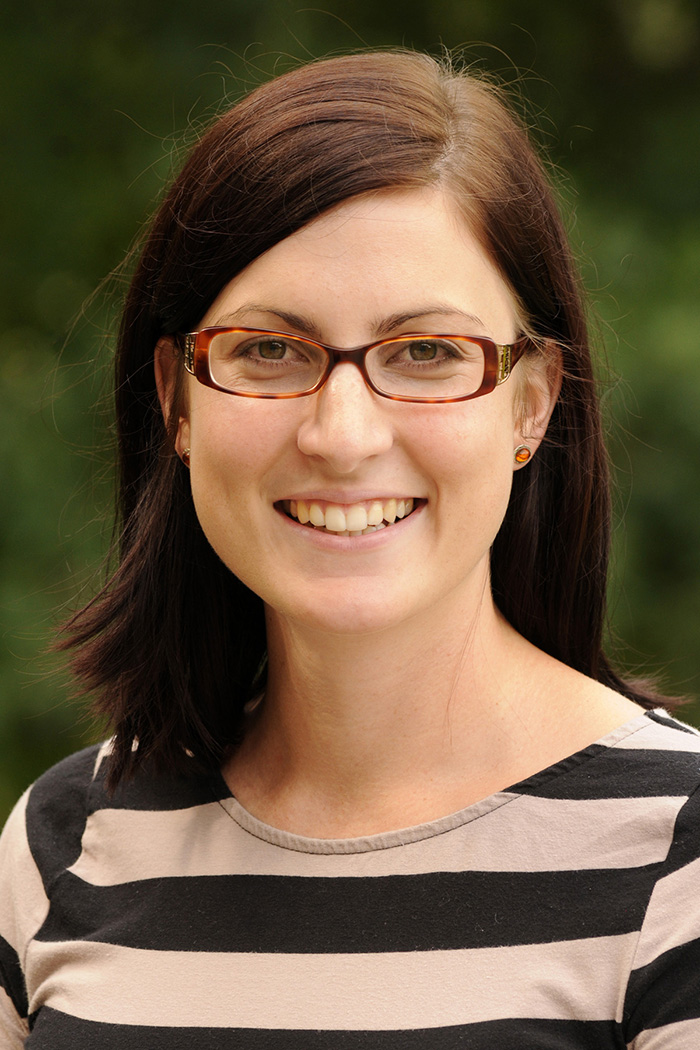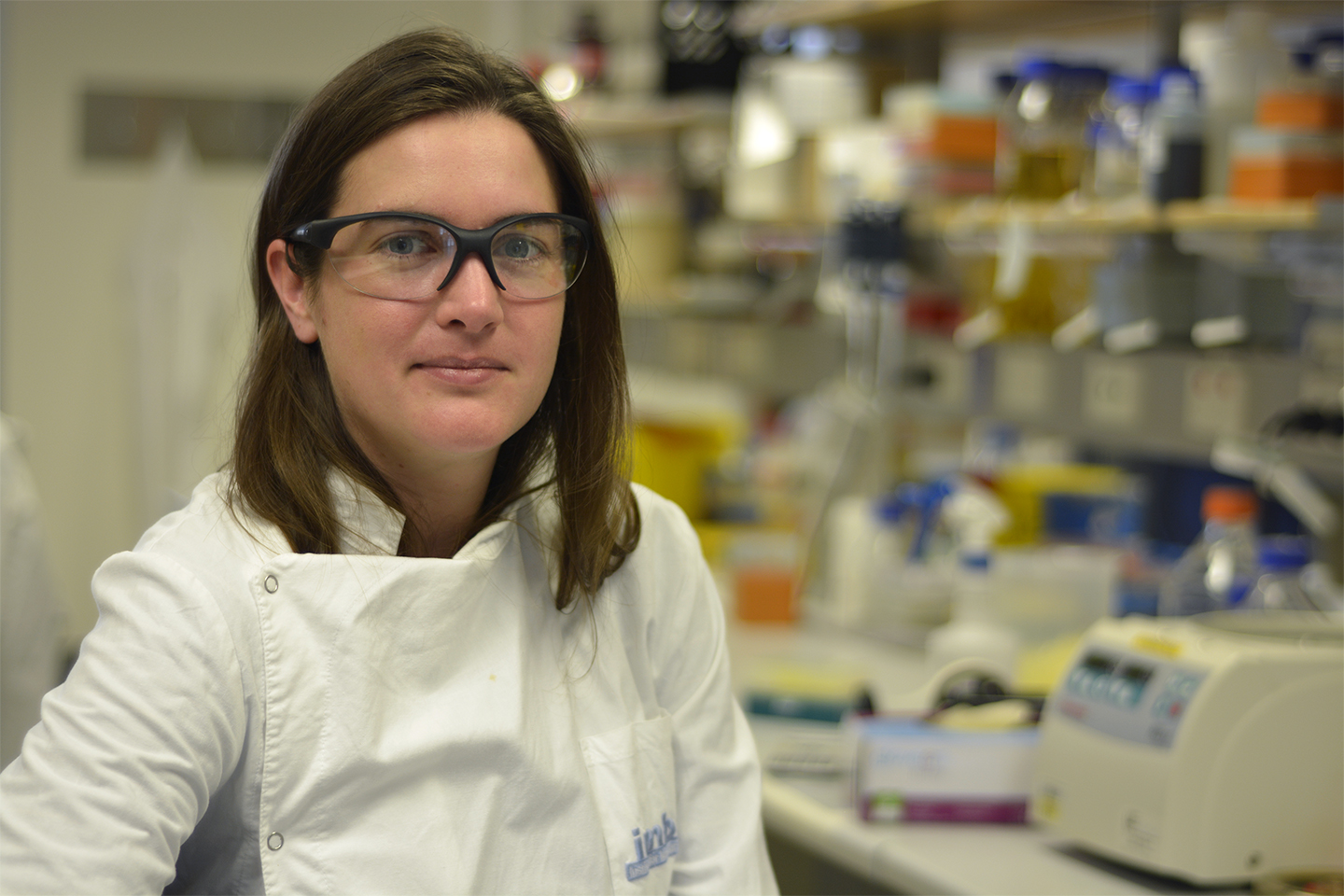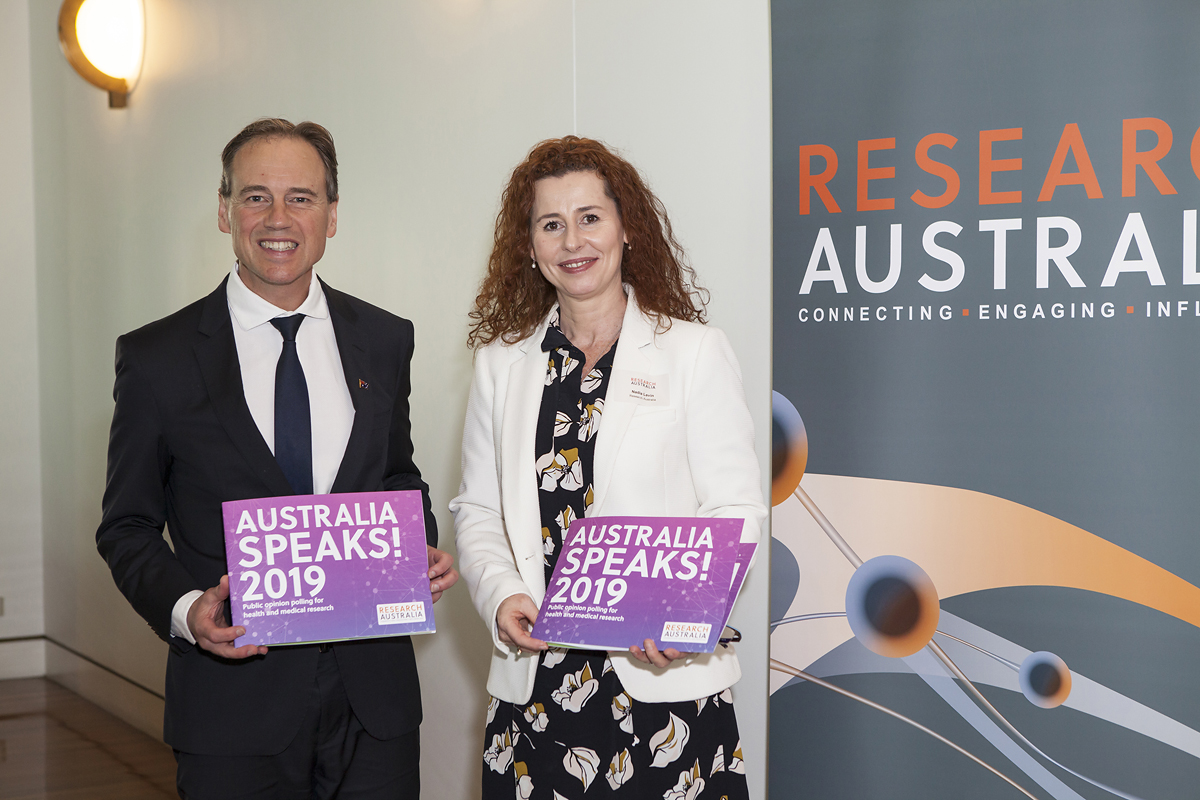Nominations for the 2016 Research Australia Health & Medical Research Awards are now closed and we would like to take this opportunity to thank all those that nominated their heroes. 2016 has seen the highest number of nominations for the Awards and the stories are amazing. We look forward to sharing some of them with you.
We start with a small selection of nominations for the Griffith University Discovery Award. This Award recognises an early career researcher (anytime from qualification but no more than 5 years past PhD or research higher degree) whose paper, patent or discovery has already demonstrated its importance or impact. Which of these amazing people below will join the ranks of the prestigious Discovery Award alumni including: Dr Jeff Holst, Dr Sarah Whittle, Dr Mark S Pearson, Dr Oliver Baumann, Dr Motoko Koyama, Dr Franziska Bieri, Dr Genevieve Healy and Dr Andrew Gardner.
Discover previous winners in all Award categories, including video’s from the 2015 winners.
2016 Griffith University Discovery Award Nominees
 Dr Felicity M Davis
Dr Felicity M Davis
NHMRC CJ Martin Postdoctoral Fellow
School of Pharmacy
University of Queensland
Nominators: Prof Sarah Roberts-Thomson | University of Queensland and Dr James Putney | National Institutes of Health (USA)
Dr Felicity Davis studies pathways involved in normal breast development and how these processes are subverted in cancer. This research is working towards identifying a new generation of drug targets for breast cancer treatment. She also studies the remarkable capacity of the breast to undergo cyclical changes during pregnancy and lactation, which is providing fresh insights into this fundamental process in human infant nutrition.
The methods she employs are diverse and cutting edge and have been developed though training in world class research laboratories, based at the National Institutes of Health (USA) and the University of Cambridge (UK).
At the National Institutes of Health (NIH) in the US Dr Felicity Davis developed a novel 4-dimensional imaging technique to study how milk is produced and expelled from the mammary gland during lactation. This work, published in PNAS, redefined our understanding of milk ejection in women, revealing that milk is ejected via asynchronous, pulsatile contractions of individual milk-producing structures in response to infant suckling (see Movie).
Dr Rebecca Coll
UQ Postdoctoral Research-Industry Fellow
Institute of Molecular Bioscience
University of Queensland

Nominators: Prof Jennifer Stow | Institute for Molecular Bioscience, The University of Queensland and Dr Kate Schroder | Institute for Molecular Bioscience, The University of Queensland
Inflammation is the body’s protective responses to infection, injury and/or disturbances in normal human physiology. Uncontrolled inflammation contributes to the progression of many diseases, including inflammatory bowel diseases, sepsis, fatty liver disease, asthma, arthritis, obesity, type 2 diabetes, cardiovascular and neurodegenerative diseases, and cancers. For some of these conditions, diagnosis is not specific enough or occurs too late, and treatment often brings only symptomatic relief without addressing the underlying issues.
To tackle this growing problem, IMB researchers – like Dr Rebecca Coll – are bringing together basic research with drug discovery and development to understand inflammation at the cellular and molecular levels, and devise strategies for controlling inflammation to prevent or treat disease.
Dr Rebecca Coll has led the biological characterisation and activity of novel molecules that inhibit the NLRP3 (or Cryopyrin) inflammasome, an important mediator of many human inflammatory diseases. NLRP3 drives a number of common human conditions such as type 2 diabetes, Alzheimer’s disease, Parkinson’s disease, gout, multiple sclerosis and atherosclerosis. Inherited mutations in NLRP3 also cause a group of rare auto inflammatory diseases known as Cryopyrin-associated periodic syndromes.
There are currently no drugs clinically available that specifically target NLRP3, which means Rebecca’s work is an important advance towards identifying a first-in-class therapy for treating patients with NLRP3-mediated disease.
Rebecca’s work has helped to identify novel anti-inflammatory compounds that are the subject of filed patents, where she is a named inventor and that are the subject of commercial interactions.
Dr Michael Livingston
NHMRC Post-Doctoral Fellow & Deputy Director
Centre for Alcohol Policy Research
La Trobe University

Nominators: Michael Thorn | Foundation for Alcohol Research & Education and Prof Keith Nugent | La Trobe University
Dr Michael Livingston has worked in alcohol policy research since 2006, tackling an issue that contributes to an estimated 15 deaths and 430 hospital admissions each day in Australia.
Michael’s research focuses on better understanding the drivers of alcohol consumption, to inform policies and programs to reduce alcohol-related harm. This has included, for example, the first Australian research to identify the potential negative impacts of increasing the number of bottle shops in a community on health and social outcomes such as violence and chronic disease. His PhD work directly led to changes to Victoria’s planning processes for packaged liquor outlets, and sparked considerable media coverage of alcohol availability and liquor licensing issues. Michael’s recent work examines alcohol consumption trends, and in particular, youth drinking.
Throughout his career, Michael has consistently ensured that his research expertise informs policy and contributes to genuine public health outcomes. He is an active member of key coalitions arguing for evidence-based alcohol policy and he provides ongoing policy advice to a range of people to ensure the most up to date research evidence is being considered in regulatory decision-making.
Dr Michael Livingston discussing the importance of his alcohol policy research.
Award generously sponsored by Griffith University



